
Each year, K-pop fans eagerly anticipate the end-of-year award shows, a season filled with glamour, performances, and the recognition of talent. Yet, there's an emerging sentiment that 2023's end-of-the-year celebrations seem to have lost a bit of their luster. Why is it that the buzz around these annual festivities feels somewhat muted, and even the typically thrilling collaboration and special performances are perceived as underwhelming?
For instance, the much-awaited special performance by TXT's Yeonjun and ITZY's Yuna was anticipated to be a spectacular collaboration. However, fans felt it was more of a brief encounter than the explosive stage many had envisioned. Each artist performed their solo pieces, Yeonjun with his rendition of "3D" and Yuna with "You and Me," leaving fans wanting more.
Mishaps on stage further dampened the spirit of the events, with Stray Kids' performance being abruptly interrupted by NewJeans' tune and NCT Ten's alarming fall at the Gayo Daejeon, which concerned fans globally.
Furthermore, the sheer length of these award shows can be pretty overwhelming. Spanning three to four hours, they demand considerable dedication from fans, particularly those who join the festivities through live streams across various time zones. It's not just a casual viewing but a marathon of performances, speeches, and ceremonial segments. This extensive duration can be a deterrent for some, turning what should be an exhilarating experience into a test of endurance.
The exhaustive nature of these events is perhaps best exemplified by an anecdote from a previous year's ceremony, where BTS's Jungkook became a talking point for changing his hairstyle an astonishing four times during the show. This illustrates the show's extensive run time and the high level of preparation and effort that artists put into entertaining and engaging their audiences, shifting gears between performances, red-carpet appearances, and award acceptances.
The duration and packed schedule of these shows impact the viewing experience and reflect on the immense pressure and fast-paced environment that artists navigate during these high-profile events. As the industry evolves, perhaps reconsidering the format and pacing of these ceremonies could enhance both the viewer's enjoyment and the artists' experience, ensuring these celebrations remain a highlight of the musical year that everyone looks forward to.
Moreover, the growing number of awards and categories introduced each year seems to water down the prestige and excitement traditionally associated with winning. What was once a fierce competition for a select few coveted titles such as Daesang or Rookie of the Year now feels like a more generalized distribution of accolades. By the end of the night, it appears almost every group that shows up is guaranteed some form of recognition. This proliferation of awards aims to celebrate a broader spectrum of talent, which is commendable for its inclusivity and encouragement of diverse artistry. However, it also sparks a debate about the impact on the competitive zeal and the eager anticipation that fans and artists alike cherished in these ceremonies.

This inflation of categories may lead to a sense of predictability, potentially reducing the suspense and drama that fans love about award shows. The rarity and prestige of receiving a top honor become diluted when there are numerous awards up for grabs. The excitement of the unexpected, the emotional speeches of those who achieve what was once considered nearly unattainable, and the rallying of fans to support their favorite artists in a tight race - these elements risk becoming subdued in an overly inclusive awards landscape.
While recognizing a wide array of talents is essential, striking a balance that maintains the significance and excitement of these accolades is crucial. Award shows might consider ways to preserve the prestige and distinctiveness of major awards while still acknowledging the evolving and diverse nature of the industry. This way, they can continue to be events that not only celebrate achievements but also captivate audiences with the thrill of competition and the joy of witnessing their favorite artists' hard-earned success.
Some argue that every group deserves recognition, but others miss the excitement of the voting and the friendly competition among fandoms, elements that fostered a sense of unity and shared goals within the community.
Now that we're in 2024 and as we reflect on the evolving landscape of K-pop's end-of-year festivities, one question remains: Are these grand events still worth the anticipation and excitement they once commanded? What are your thoughts on the current state of end-of-year K-pop celebrations?
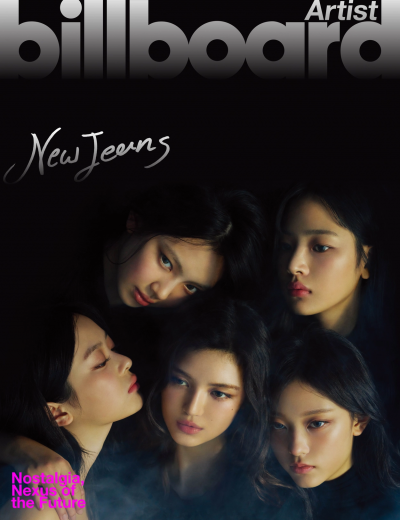
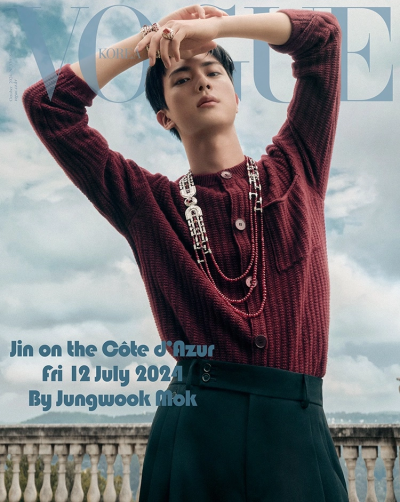
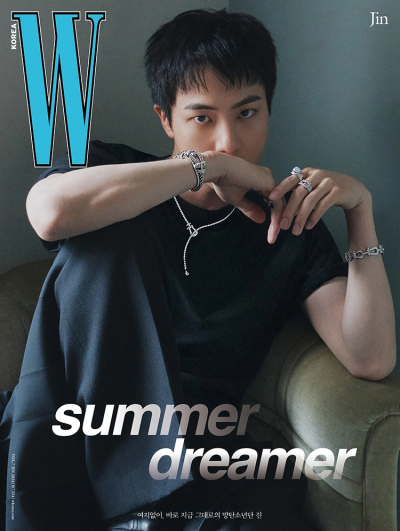

 SHARE
SHARE
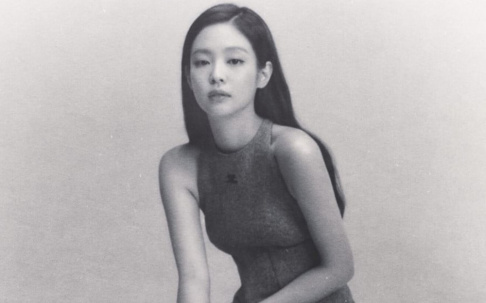


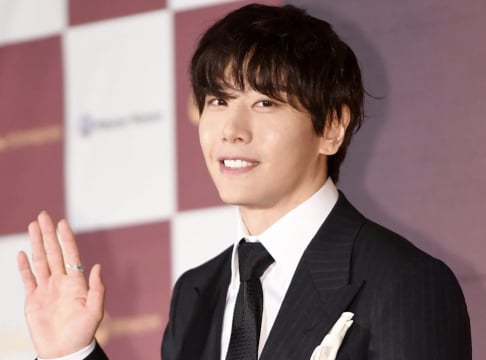

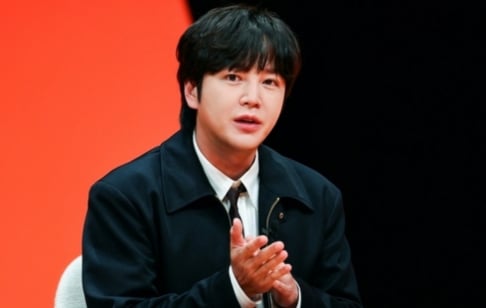
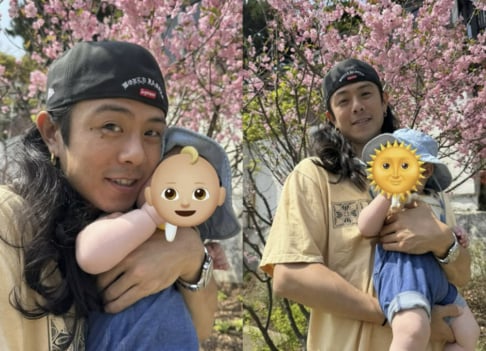
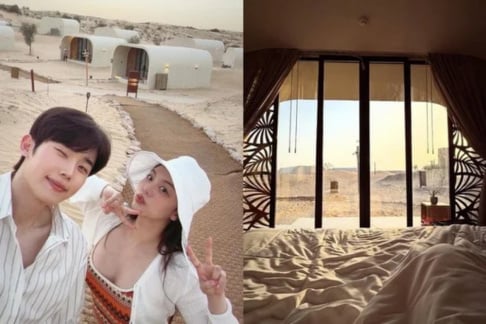

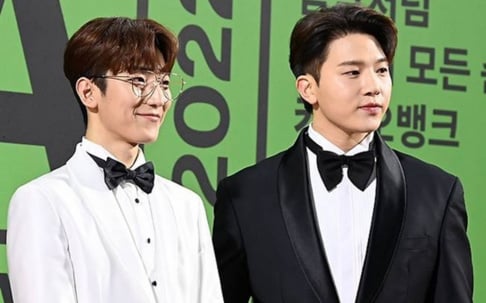

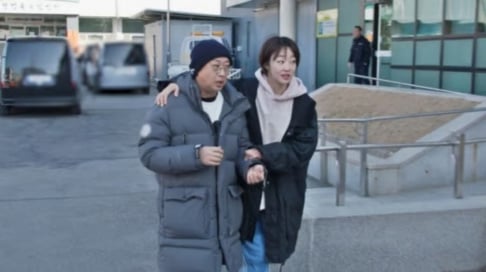
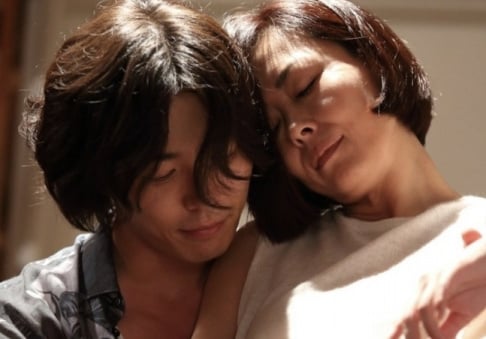

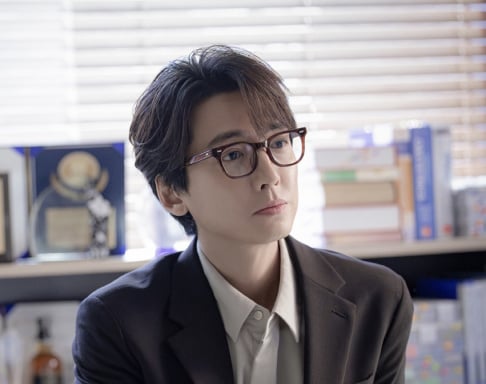
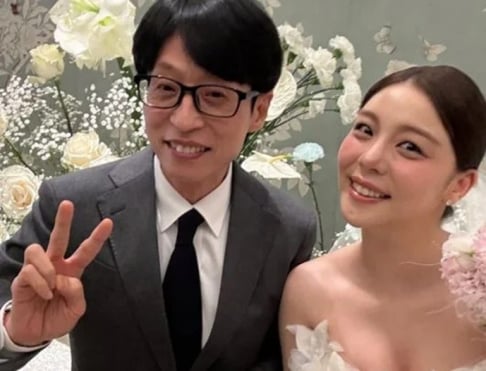
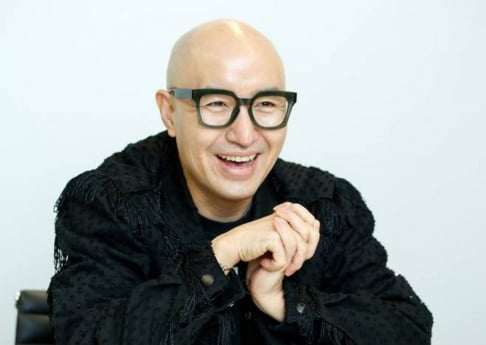

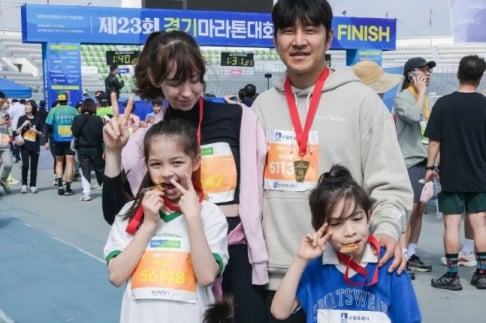
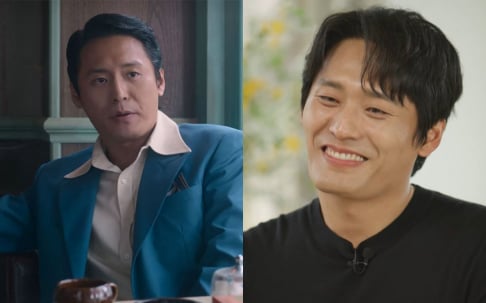
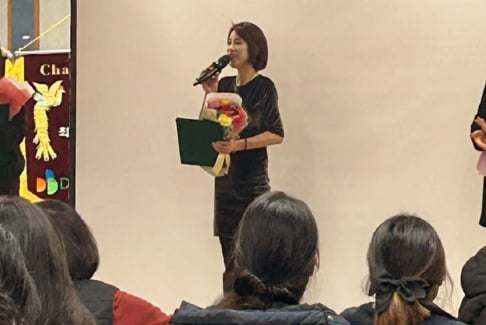
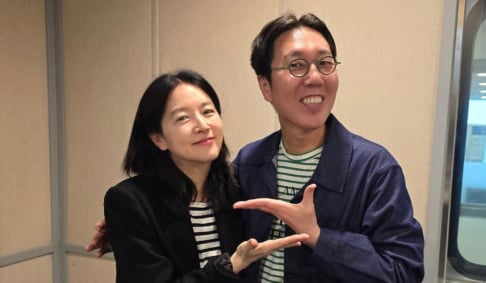
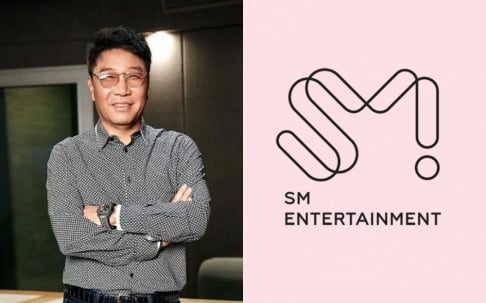
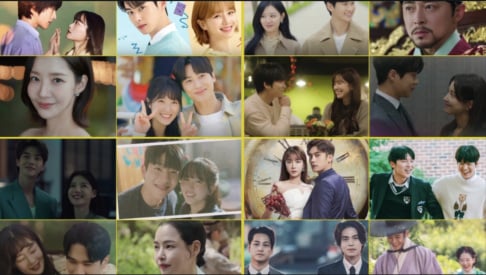
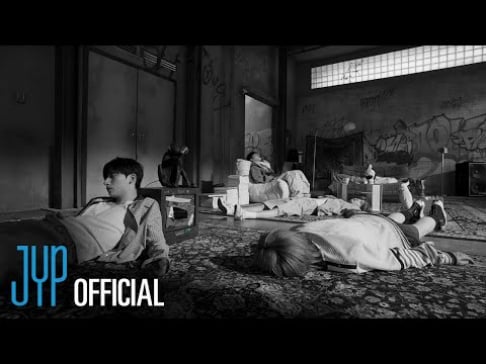

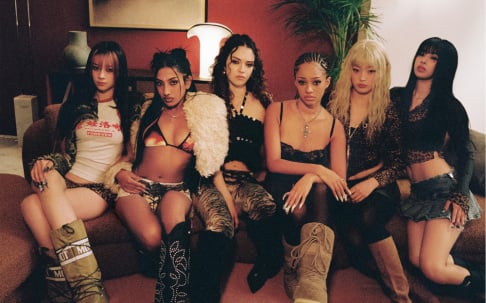

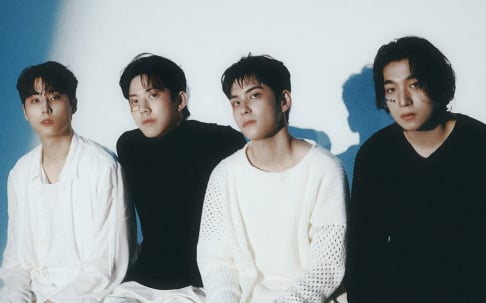
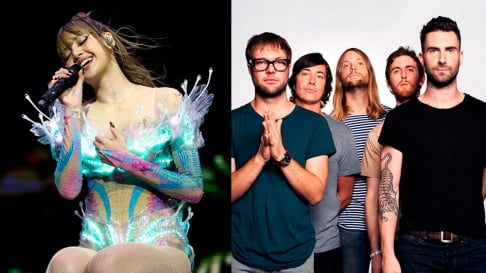
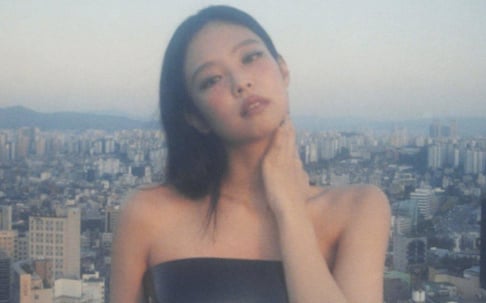
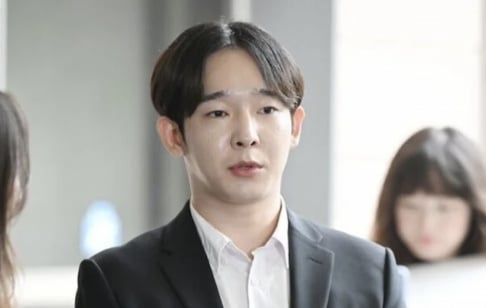
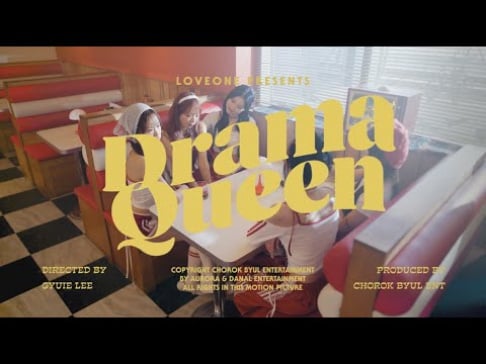
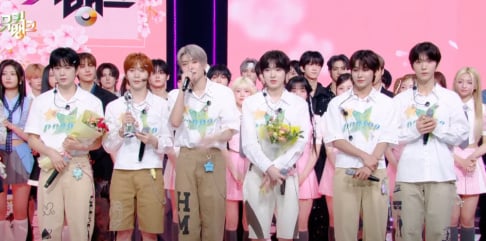
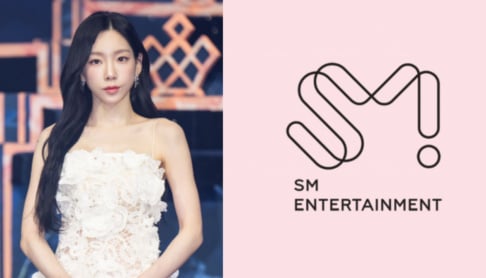
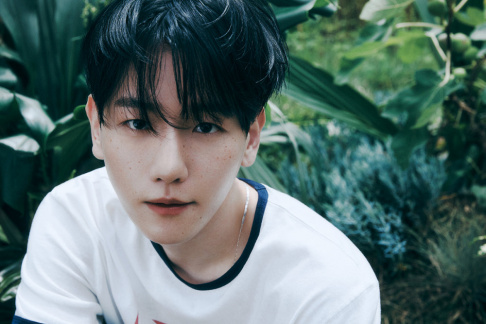
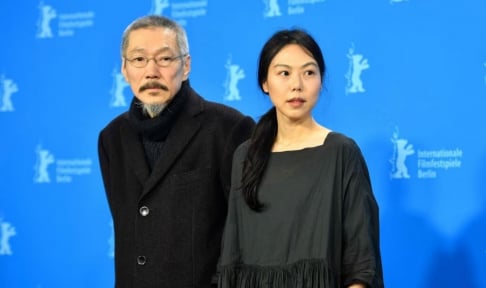






A lot of big groups aren’t participating in events, for example in MAMA awards 2023, many groups and big artists did not appear on the show in person. Many will obviously find the award shows more boring…
Also, 5th gen, and the later 4th gen groups don’t seem to be as fun and upbeat at award shows as the earlier 4th gen groups, 3rd gen groups and 2nd gen groups, so fans might not find the award shows as appealing for that reason.
2 more replies